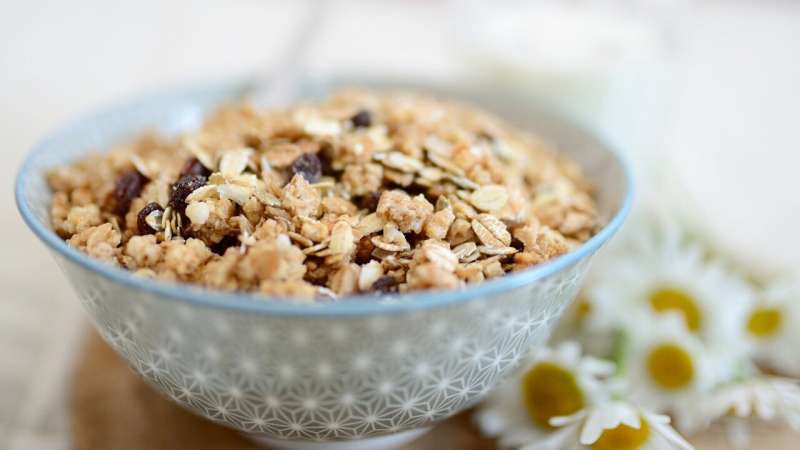Eating Speed Influenced More by Meal Type Than Sequence, Study Finds

A recent study highlights that meal type and presentation significantly influence eating speed more than the order of food consumption. Incorporating utensil-based, structured meals may help promote slower eating and curb overconsumption.
Recent research conducted by scientists at Fujita Health University has revealed that the type of food served in a meal has a greater impact on eating speed than the order in which different foods are consumed. The study demonstrated that meals presented as individual portions and eaten with utensils tend to be consumed more slowly, involve more chews, and have a faster chewing tempo compared to fast-food meals, regardless of whether vegetables are eaten first or last.
The study, titled "The Meal Type Rather than the Meal Sequence Affects the Meal Duration, Number of Chews, and Chewing Tempo," was published in the journal Nutrients [source: https://dx.doi.org/10.3390/nu17091576]. It involved 41 adult participants from Fujita Health University, including both men and women aged between 20 and 65 years, who consumed three different meals over a 12-week period.
Participants first ate a slice of microwave-prepared pizza by hand, noting a quicker eating pace. Later, they consumed a bento-style meal consisting of hamburger steak, broccoli, and rice, with instructions to eat the vegetables first in one session and last in another. Researchers found that bento meals led to significantly longer eating durations—averaging 182 seconds when vegetables were eaten first, and 216 seconds when eaten last. The sequence of eating vegetables did not significantly influence the overall meal duration.
In addition to prolonged eating times, participants exhibited a higher number of chews and faster chewing tempos when consuming bento meals compared to pizza. The number of bites did not significantly differ between meals. Interestingly, no correlation was found between meal duration and BMI, although age and male sex were associated with shorter meal times.
These findings suggest that meal composition and the use of utensils play a crucial role in slowing eating behavior. Such insights can inform dietary counseling and obesity prevention strategies, emphasizing the importance of structural meal design over meal sequencing. Incorporating bento-style meals or creating food presentation methods that require utensils may promote longer eating durations, potentially reducing overeating and supporting metabolic health.
Overall, this research underscores that food type and presentation influence eating behavior more reliably than meal order, offering practical approaches for behavioral interventions aimed at slower eating and improved health outcomes.
source: https://medicalxpress.com/news/2025-05-pizza-eaten-faster-chopstick-based.html
Stay Updated with Mia's Feed
Get the latest health & wellness insights delivered straight to your inbox.
Related Articles
Animal Fats Promote Tumor Growth in Obese Mice While Plant Fats Do Not
New research shows that animal-based dietary fats accelerate tumor growth in obese mice by impairing immune function, while plant fats like olive and palm oil support anti-tumor immunity. These findings highlight the importance of dietary fat sources in cancer prevention and treatment.
Rethinking Ultra-Processed Foods: Are They All Harmful? New Insights from Recent Research
Emerging research challenges the notion that all ultra-processed foods are harmful, highlighting their potential nutritional benefits and role in a balanced diet. Learn more about the nuanced perspectives on processed foods and health.
Rethinking Nutrition Research: Moving Beyond Parental Blame to Improve Children's Food Care
Recent studies reveal that current medical research on children's nutrition often unfairly blame parents, overlooking broader social and political influences. A shift towards understanding the complex context of food care is essential for improving children's health outcomes.
How Your Daily Coffee Routine May Support Healthy Aging in Women
Recent research suggests that daily coffee intake may support healthy aging in women, reducing the risk of chronic diseases and impairments as they grow older.



